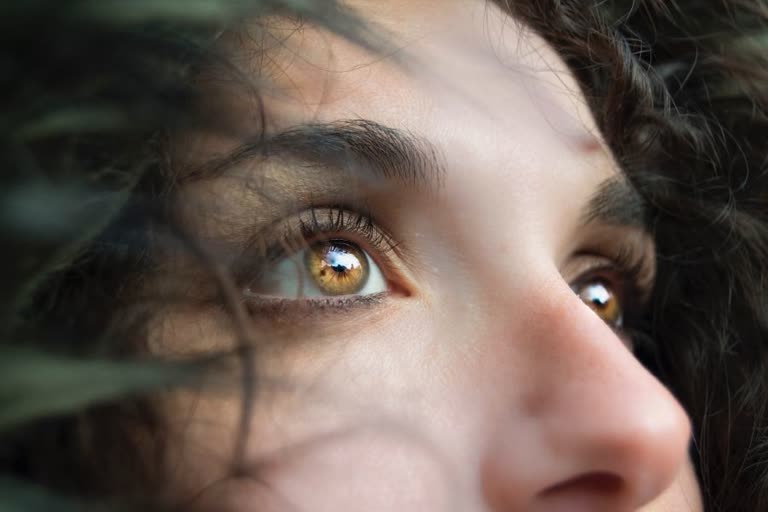Every year, the second Thursday of October is celebrated as World Sight Day and this year, the day is being observed on 14th October, with the theme 'Love Your Eyes'.
According to a research study published in the Indian Journal of Ophthalmology, eye care centers in India reported a 96.5 percent to 98.7 percent decrease in patients visiting clinics for their routine care and follow-ups, including eye injections and retinal laser procedures as of May 2021, as compared to the previous year. Several patients sought help at advanced stages, at which point they were unresponsive to treatment. Despite the ongoing vaccination drive, people continue to remain hesitant to seek diagnosis or treatment at clinics.
"Dr Mahipal S Sachdev, Chairman of Centre for Sight Group of Hospitals said, "In India, there are still a million individuals who are blind from cataracts, even though they could have their vision restored. In contrast, there are people aged 40 years or older who are afflicted with glaucoma who will become permanently blindwithout appropriate therapy. Another worrisome disease that is affecting the millennials today is Diabetic Macular Edema (DME), which is not completely preventable, but its onset can be delayed with regular exercises, a balanced diet and strict control of systemic conditions such asdiabetes mellitus, along with treatment adherence."
4 Reasons Why You Need To Care For Your Eyes
- Screen time: With the large-scale adoption of work-from-home (WFH), the time people spend on screens has exponentially increased. With prolonged hours spent in front of either a laptop, mobile phone or television screen (or switching between the three), one's eyes have had to endure a lot more strain. The damaging effects of extended screen times on eye health are well known such as dry eyes. Yet, eye care continues to form one of the most neglected, overlooked topics within one's list of healthcare priorities, often as the damage may not be immediately apparent.
- Age no bar: For much of India's population with pre-existing lifestyle diseases such as diabetes, the pandemic only aggravated their condition. What's less evident is that ignoring these factors could potentially lead to glaucoma and chronic retinal diseases, including Diabetic Macular Edema (DME), as a result of poor diabetes control. However, it is also important to note that if detected early and properly treated, these conditions can be effectively managed.
- Lifestyle choice:Habits such as smoking, drinking, lack of exercise and unhealthy dietary habits due to increased time spent at home can impact overall eye health. Additionally, this can be detrimental to the body, as well as disease management, while also leading to poor glucose control and weight gain, which can further exacerbate health complications, including eye health
- Mental health: Covid has taken a considerable toll on people's mental health. With deteriorating mental health, people's focus on eye health, even for diagnosed conditions, is taking a backseat. For instance, a clear link has been drawn between suffering from depression and showing non-compliance to medical treatments, which can affect routine eye care and follow-ups and lead to a number of disease-related complications as well.
What Can You Do?
